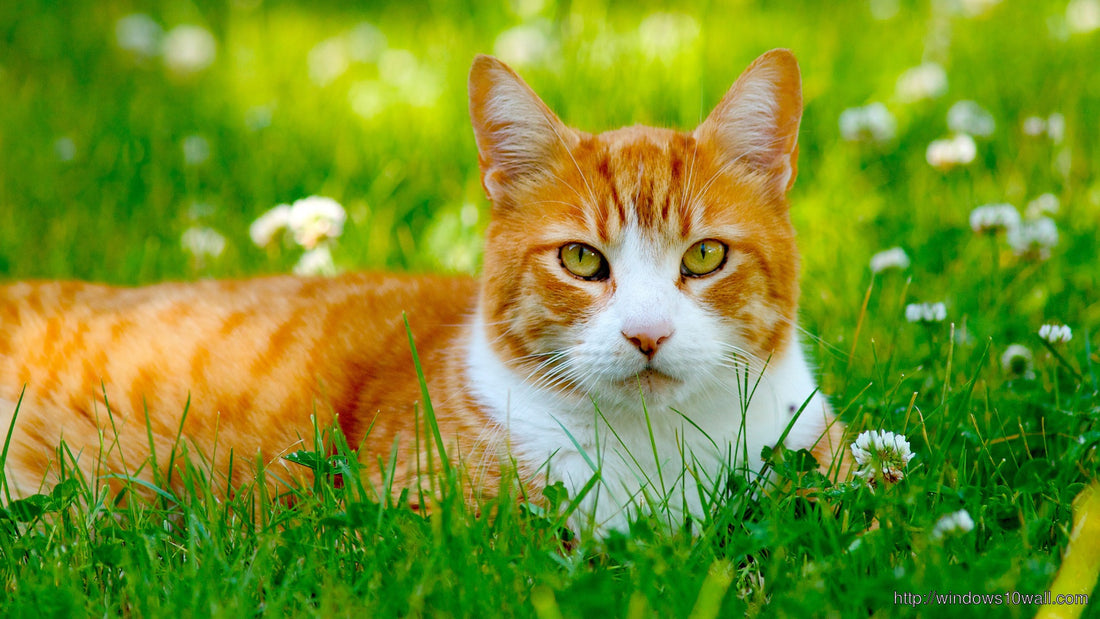Are Lemon Tree Leaves Toxic to Cats?
Lemon trees are popular for their fresh scent and vibrant fruits, but pet owners may wonder if they are safe for cats. The leaves of lemon trees, like other parts of the plant, are considered toxic to cats. This is due to the presence of essential oils and compounds such as limonene, linalool, and psoralens, which can cause adverse reactions in felines.
Why Are Lemon Tree Leaves Toxic to Cats?
The essential oils found in lemon trees act as natural deterrents to herbivores, but they can be harmful to pets like cats. These compounds are not only present in the fruits and peels but also in the leaves and stems of the plant. When ingested or even just chewed, cats may experience symptoms of toxicity.
Symptoms of Lemon Tree Toxicity in Cats
- Vomiting and diarrhea
- Excessive drooling
- Lethargy or weakness
- Skin irritation if they come into contact with the oils
- Tremors or seizures in severe cases
How to Keep Cats Safe Around Lemon Trees
- Place Trees Out of Reach: Position your lemon tree in an area that your cat cannot access, such as a high shelf or a closed room.
- Use Barriers: Protective fencing around outdoor lemon trees can prevent curious cats from nibbling on the leaves.
- Provide Cat-Safe Plants: Redirect your cat's interest by offering non-toxic plants like cat grass or spider plants.
What to Do if Your Cat Ingests Lemon Tree Leaves
If you suspect your cat has ingested lemon tree leaves:
- Remove any remaining plant material from their mouth.
- Monitor for symptoms of toxicity.
- Contact your veterinarian or a pet poison control hotline for immediate advice.
For pet owners, it’s crucial to be aware of the risks associated with plants in your home and garden. While lemon trees are a beautiful and productive addition to any space, their toxicity to cats is a concern that should not be overlooked. Always prioritize your pet's safety by choosing plants that are non-toxic or keeping potentially harmful ones out of reach.





